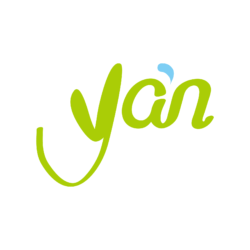What is the temporomandibular joint ?
Your temporomandibular joint is a hinge that connects your jaw to the temporal bones of your skull, which are in front of each ear. It lets you move your jaw up and down and side to side, so you can talk, chew, and yawn.
Problems with your jaw and the muscles in your face that control it are known as temporomandibular disorders (TMD). But you may hear it wrongly called TMJ, after the joint.
What causes TMJD and jaw pain?
We don’t know what causes TMD. Dentists believe symptoms arise from problems with the muscles of your jaw or with the parts of the joint itself.
Injury to your jaw, the joint, or the muscles of your head and neck — like from a heavy blow or whiplash— can lead to TMD. Other causes include:
- Grinding or clenching your teeth, which puts a lot of pressure on the joint
- Movement of the soft cushion or disc between the ball and socket of the joint
- Arthritis in the joint
- Stress, which can cause you to tighten facial and jaw muscles or clench the teeth
What are the symptoms of TMD/TMJD?
- Pain and discomfort can range from mild to severe, and can last for years. TMD is more common in women, and in people between 20 and 40 years old. TMJD may occur on either or both sides of the face.
- Other common symptoms are:
- Pain or tenderness in your face, jaw joint area, neck and shoulders, and in or around the ear when you chew, speak, or open your mouth wide
- Have difficulty to open your mouth wide
- Jaws that get “stuck” or “lock” in the open- or closed-mouth position
- Clicking, popping, or grating sounds in the jaw joint when you open or close your mouth or chew. This may or may not be painful.
- A tired feeling in your face
- Trouble chewing or a sudden uncomfortable bite — as if the upper and lower teeth are not fitting together properly
- Swelling on the side of your face
How does acupuncture treat TMJ disorders and jaw pain?
- The combination of Acupuncture and cupping therapy are sufficient.


- When treating TMJD and jaw pain, it is really important to understand the source of the problem. Is it stress related? Neck injury related? Muscular? Sinus related? By figuring out these pieces, I can build a better treatment strategy. If there’s neck pain or tension, I can release the neck muscles. Stress-induced TMJD means we need to work on calming the mind and creating coping strategies.
- Chinese medicine can regulate the whole body. As the body’s overall balance is restored, diseases, aches and pains will resolve too. This re-balancing is how I get pain relief to last
.


